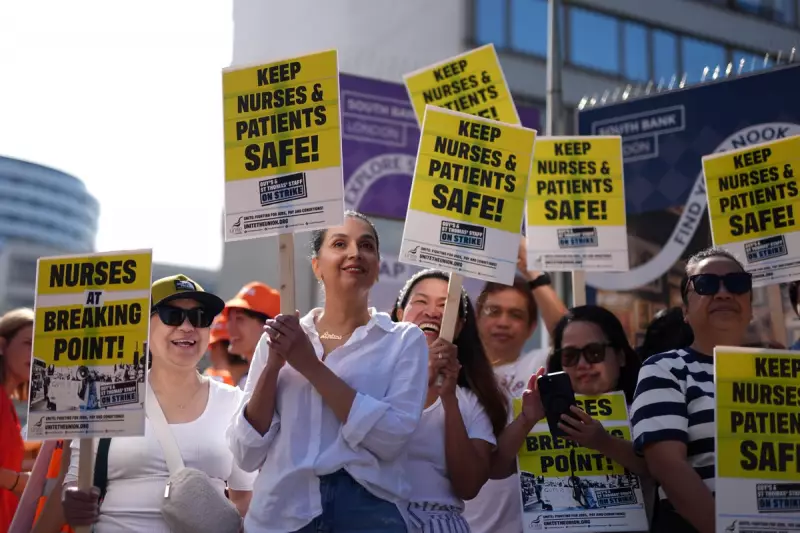
The National Health Service (NHS) faces renewed turmoil as nurses and general practitioners (GPs) across the UK prepare to ballot for industrial action over unresolved pay disputes. This comes amid growing frustration among healthcare workers who claim their demands for fair wages have been ignored by the government.
Growing Unrest Among NHS Staff
Following months of negotiations, nursing unions and GP representatives have announced plans to hold strike ballots in the coming weeks. The move signals a potential escalation in the ongoing battle over pay and working conditions within the NHS.
Why Healthcare Workers Are Angry
- Real-term pay cuts despite rising living costs
- Chronic staff shortages increasing workloads
- Lack of government engagement in negotiations
- Deteriorating working conditions across NHS facilities
Potential Impact on Patient Care
If the strikes proceed, patients could face:
- Delayed appointments and procedures
- Longer waiting times for GP services
- Potential cancellation of non-urgent treatments
- Increased pressure on emergency services
Health leaders warn that further industrial action would compound existing challenges in a system already struggling with backlogs and winter pressures.
Government Response Under Scrutiny
The Department of Health maintains it has made "fair and reasonable" pay offers, but union leaders argue these fail to address the recruitment and retention crisis in the NHS. With both sides appearing entrenched in their positions, the prospect of a resolution seems increasingly unlikely without significant compromise.
As ballots open in the coming days, all eyes will be on whether healthcare professionals vote to resume strike action that could paralyse an already overstretched NHS.





